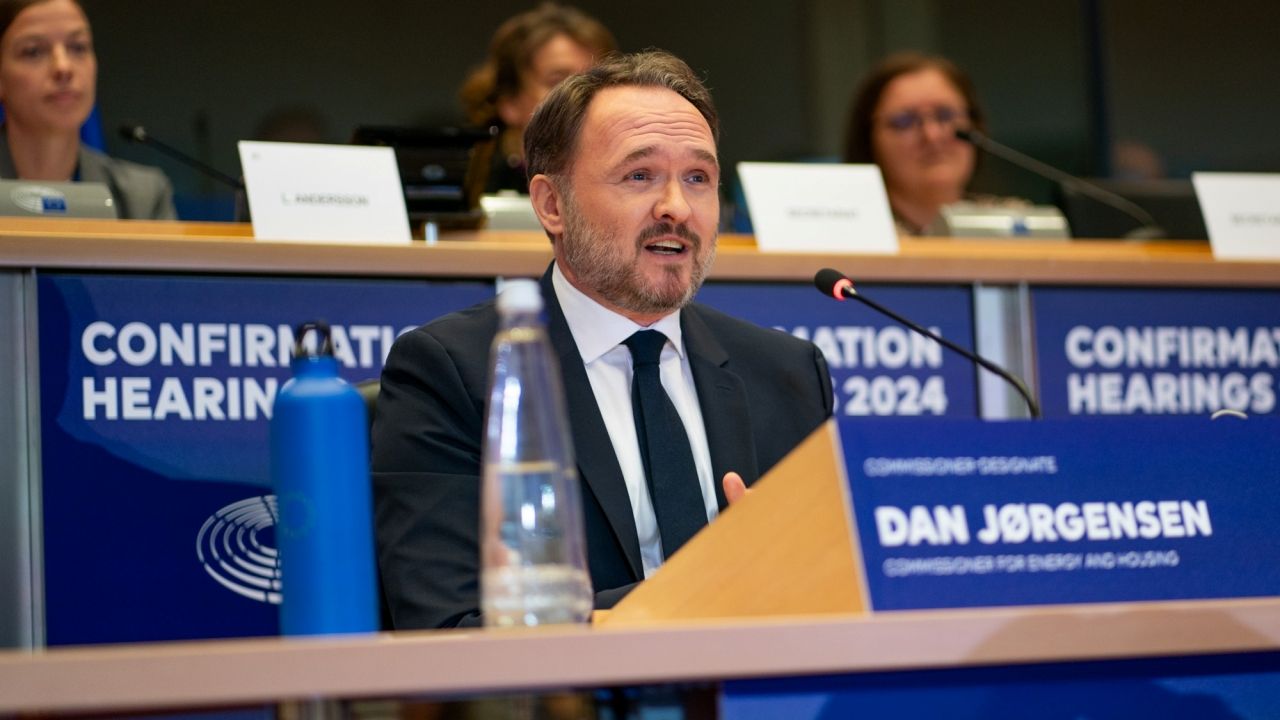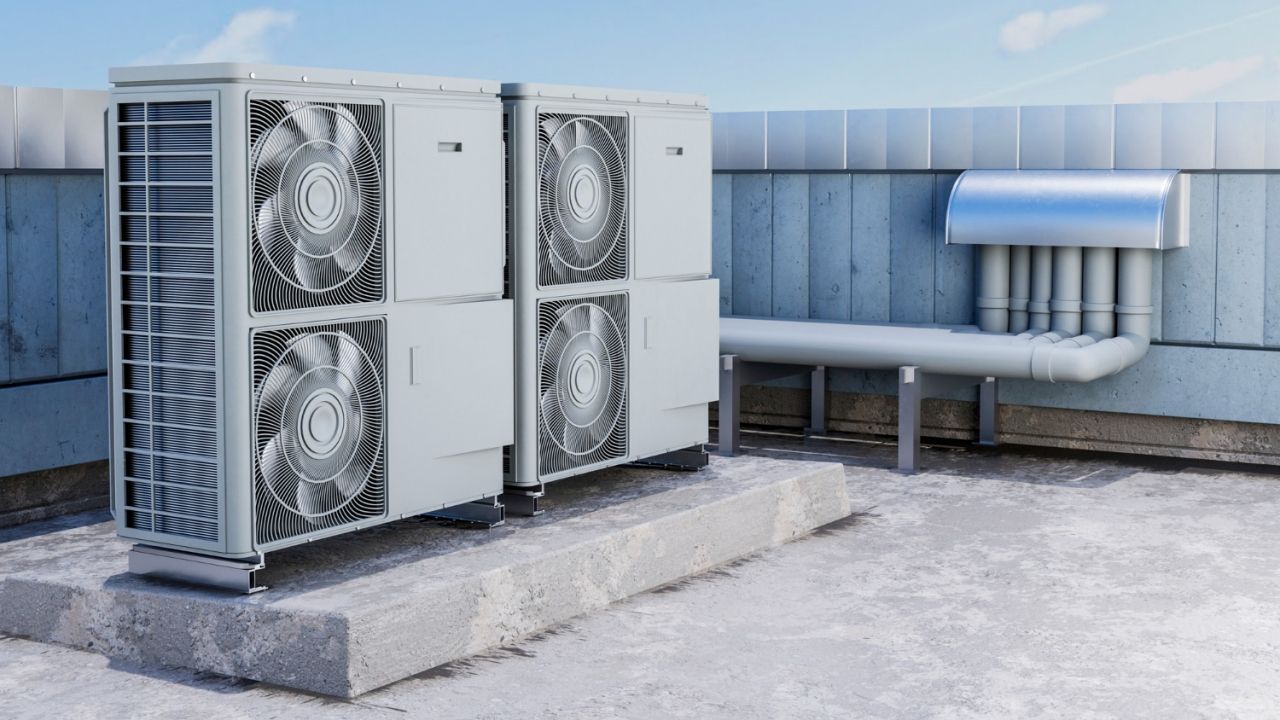Climate change kills more than war, say EU officials
Dan Jørgensen, European Commissioner for Energy and Housing, has warned about the climate urgency facing the planet, as he believes it is killing more people than any war and has become a present and future problem.

The 10th annual conference on energy efficiency, co-organized jointly by the European Union and the International Energy Agency (IEA), has been the stage where Dan Jørgensen, European Commissioner for Energy and Housing, has issued a disturbing -and striking- warning to anyone willing to listen.
At the opening of the event in Brussels, Jørgensen stated that “climate change is probably the biggest problem we face”, also referring to the Russian invasion of Ukraine and the ongoing trade war.
The average air conditioner sold worldwide consumes twice as much as the best available options
“There is a war on our continent, true, but I trust that peace will soon be found”; we have strange transatlantic relations and ongoing trade wars, yes, but it will stabilize, we will find solutions,” he argued to weigh the relevance of each of these situations.
“Unfortunately, climate change will continue to be the biggest problem for everyone throughout our lives. And it is not something that can happen in the future, it is something that is already happening and that has catastrophic consequences: floods, droughts, wildfires… people are dying”, he insisted.
Energy as a weapon of war
Since the beginning of the Russian invasion of Ukraine, the European Union has learned a bitter geopolitical lesson: energy can also be turned into a projectile. For years, the strong dependence on Russian gas and oil has been a strategic Achilles' heel that Moscow did not hesitate to exploit.
However, the EU's response has been decisive: diversification of sources, promotion of renewables… and energy efficiency. A lot of efficiency. Thanks to these measures, the community bloc has significantly reduced its vulnerability.
Simply by saving 15 billion cubic meters of gas per year —a non-negligible figure—, it has curtailed the Kremlin's ability to use hydrocarbons as a tool of political pressure. In the words of Danish Energy Commissioner Dan Jørgensen, this demonstrates that change is not only possible but also profitable and necessary.
The clearest example is in everyday life: replacing an incandescent bulb with an LED can mean up to 90% less consumption. And a shower heated with solar energy can translate into a saving of 900 euros annually for an average European family, Jørgensen exemplified.
The Danish commissioner also highlighted that, as energy prices rise and millions of citizens face the risk of energy poverty —47 million could not adequately heat their homes last winter—, energy efficiency emerges as an economic and social shield.
Investing in efficiency is not an expense, it is an investment with accelerated returns, Jørgensen continues. For every euro spent on improving it, four are recovered in a few years, and up to twelve in the case of households. Furthermore, only in the building sector —which consumes 40% of European energy— can efficiency be improved by up to 60%, offering an almost unprecedented potential for emission and dependency reduction.
Efficiency or extinction: the climate dilemma
When we talk about climate change, we generally think of melting glaciers or long and intense droughts. However, European authorities claim that climate change already kills more people than wars.
Against a global and relentless enemy like global warming, energy efficiency is positioned as the “smart ammunition” to fight without firing. And here comes an unexpected guest: air conditioning.
Faith Birol, director of the International Energy Agency, warns that this appliance is now one of the main drivers of growth in global electricity demand. With rising temperatures and improving living standards in countries like India, Indonesia, or Nigeria, the number of units is skyrocketing… but their efficiency leaves much to be desired.

“In Japan or the United States, 90% of households have air conditioning. But in Nigeria, it is 5%, in Indonesia, it is 19%, and in India, it is 20%. People, with rising incomes and temperatures, are buying air conditioners”, he argued.
The problem is that, currently, the average air conditioner sold worldwide consumes twice as much as the best available options. Increasing its efficiency would be a simple and effective way to reduce energy consumption, save money, and cut emissions. In this sense, Birol emphasizes that energy efficiency is the “first fuel” of the 21st century, ahead of any other source.
In this context, the European message is clear: investing in energy efficiency not only mitigates climate change and reduces energy bills but also protects Europe's sovereignty and improves quality of life. It is a matter of survival.
* This news is an AI translation of the original content. Motenic.com is part of Motor.es.
Fuente: El Periódico de la Energía

